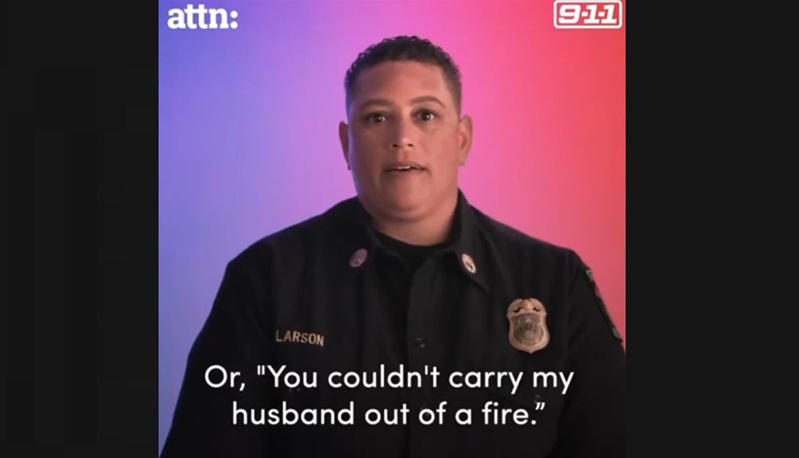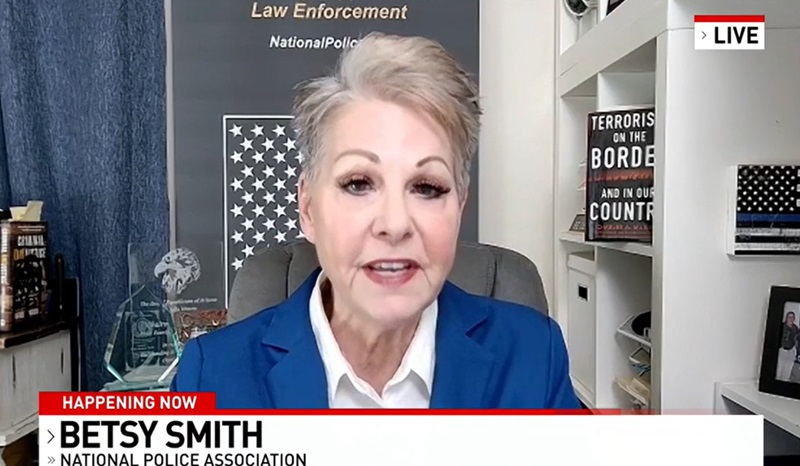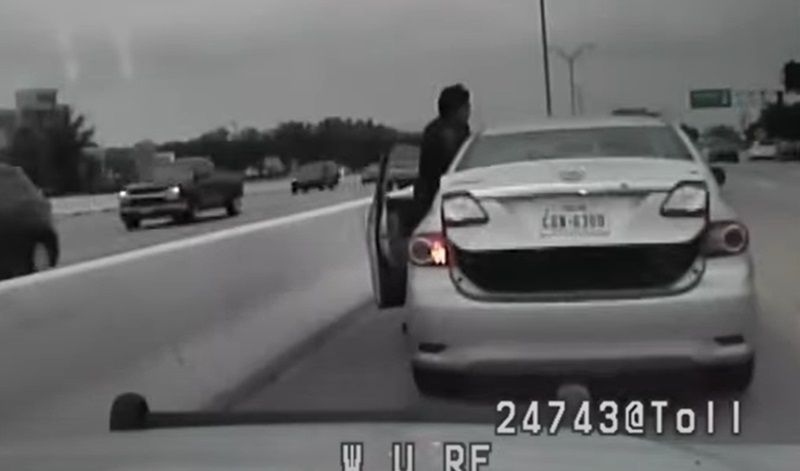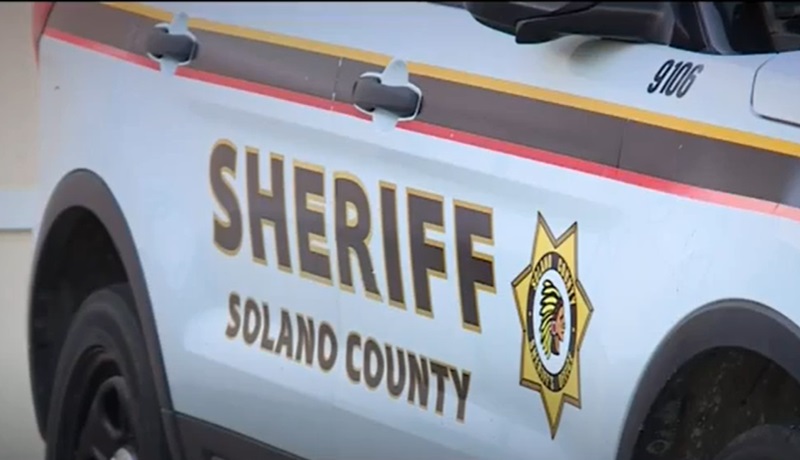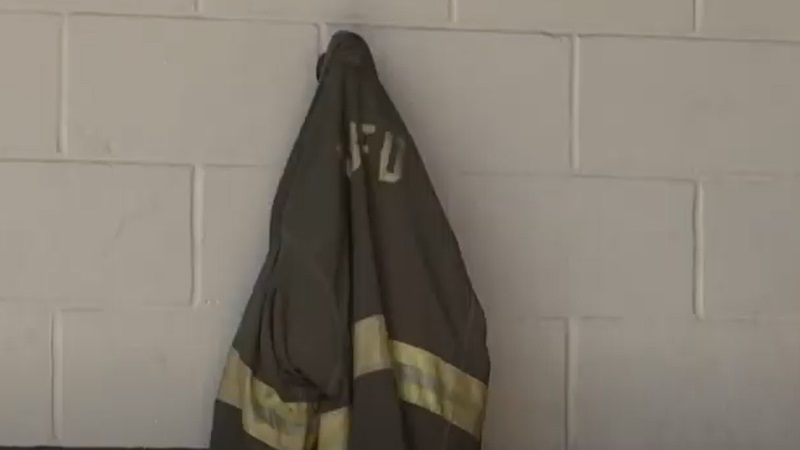
It’s trauma time in America.
There is a truism that those who have been in battle are the most silent about its realities. My own father and uncle served in combat zones in WW2 and I could never pry from them the war stories that I so wanted to hear. I served in small police agencies and have often heard how lucky I was not to be in LA or New York or some other big agencies. I bite my tongue, not needing to prove the things I experienced and saw while working in what people are willing and so want to believe was the idyllic Mayberry life where the most excitement of the day is working the crosswalk before and after school. Let them think so.
After all, I spent a career dealing with things so others could live their life without having to. The slide show that runs in my head sometimes is an amalgamation of memories that I dare not share. For those who have only seen movies about such things or blurred, still shots from true crime shows, they can’t offer anything in response. For those who have been where I have been, it is no competition since this is all within the realm of our “normal”. For those who have seen worse, I feel I do not have the right to vent and would rather offer a sympathetic ear.
At the coffee shop, I sat next to a former rescue operator who worked in a combat zone in Afghanistan. I’d known him for several years and had pieced together a few shared snippets of his experience, but today the mood was for story-telling. He had no need to go into gruesome detail because I had enough experience to mentally fill in the details. In the end, he sighed and said he probably should see somebody. I asked if he had, and he shared that he actually did go sit in the waiting room of a VA facility waiting for a therapist, but he looked around and decided that he couldn’t bear the thought of taking up time and space for others who probably needed help more than he did. So he lives on what little sleep he can get and does life the best that he can.
This is the great impediment to first responders who are walking wounded, living decently with bruises, echoes, and repressed memories – why would I tell anybody what I’ve seen and what it’s done to me? I signed up for it all, I could have gotten out, I can pull myself out of the pit, and who would answer the call if not me? We tell ourselves we’ll be fine.
There are three points along the continuum of trauma that I have a hard time reconciling. The first point is where people are claiming to be traumatized by ordinary suffering and unfortunate events. Call them snowflakes, whiners, or the worried well. They are the ones we are tempted to tell to “suck it up buttercup” – sounds like life to me. We want the tough times to make you stronger.
The second point is made of those who have survived, recovered, and maintain a relatively normal life. Nietzsche is credited with saying what doesn’t kill you makes you stronger. I say what doesn’t kill you still makes you flinch at loud noises. We might limp a little, flinch a little, over-react a little, and carry what we think is a healthy dose of paranoia, but we are self-aware and try not to burden others with what troubles us. We don’t want to take a slot from someone who really needs help.
The third point is those with trauma damage that interferes with life, self-regulation, and relationships. This is not weakness any more than diabetes or a broken hip is weakness. It is a biochemical physiological change in the brain that takes specialized healing. We are only now beginning to understand it and accept that the strongest among us can fall victim.
The reality is that all along the continuum there is room for compassion. We need to seek opportunities for respite and resilience. If the battle is over for us, it is honorable to lay our work aside and heal. Many will continue to walk with bruises on our souls and badges on our chests.



